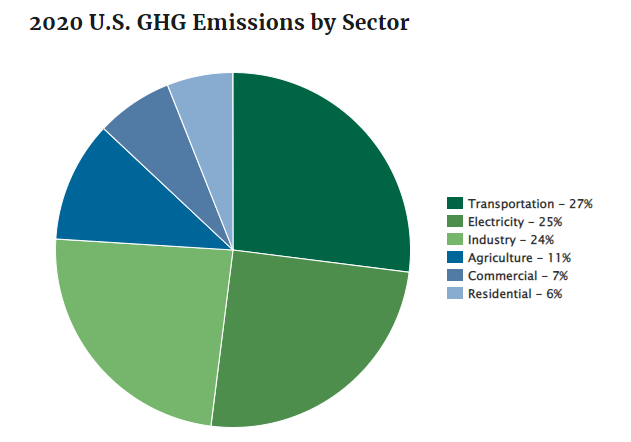That’s a proper boring car.
japanese econobox. commuter car, nothing flashy. runs forever.
Yep boring ![]()
I guess it’s true for most of the places on the Earth.
Was the Honda Civic for years.
Is there a big difference between petrol prices in Canada Vs USA?
significantly cheaper in the USA. I just filled up at 5:30 this morning in the US for $3.58/gal USD. Equiv to $1.27/L in CAD funds. about 30% cheaper than here.
The difference is almost entirely taxation, and that actually varies substantially from state to state. Washington actually has quite expensive gas by US standards - that same gallon would have been about $3 in Alabama, even less in Texas. It is very often the same crude source, similar refineries, and fairly similar cost base.
What about shipping and airlines … I could go on but cars are far from the 3rd major contributor. Even so that doesn’t mean shouldn’t try and reduce it’s influence.
Have you seen small cars, a mini was a small car now it’s a monster truck. A monster truck is now a juganaut. For many years I have asked why?
It’s not as if there’s any more space inside. ![]()
Still remember the first time i went to the States, think it was in 93, in Florida I payed 97 dollarcents for a gallon of gas … those were the days … ![]()
Shipping and air transport are both quite intensive, but the sheer number of private vehicles makes them a huge source. For the US, the transportation sector is the single largest contributor (27% of US total), light duty vehicles account for 57% of that. Aircraft are just 8%.
Those numbers do require some interpretation due to attribution - they do not include international shipping or air transport. That has a massive impact on the shipping number (~300%), less dramatic on air transport (+50%). But all those F150s are a huge GHG source.
moving commodities - 7% of total
moving people - 16% of total
What’s the other 72%?

I follow a guy called Dave Roberts (Dr Voltz) who is ostensibly a climate journalist, but really focuses on the impact of design choices. He really bangs on in a very convincing way that you cannot solve the problem caused by personal transportation just by switching to electric if you dont also look at how communities are designed on the macro scale.
I think he has a very strong point. If you look at my little rural part of North Wales for example. With the running down of the slate mines and associated industry that tagged onto it people are now having to travel further for work. Throw in poor public transport systems and the problem grows.
And then there’s the impact of the car and decline of the High St itself. People are happy to travel 30 miles to do their shopping.
Basically employment and services are moving more into larger centres and people are content to travel to them.
An absolutely cracking piece, in my opinion.
So she’s protesting against wind farms now.
More cigarettes needed, and a bigger wall?
how dare you build wind farms for sustainable energy!
